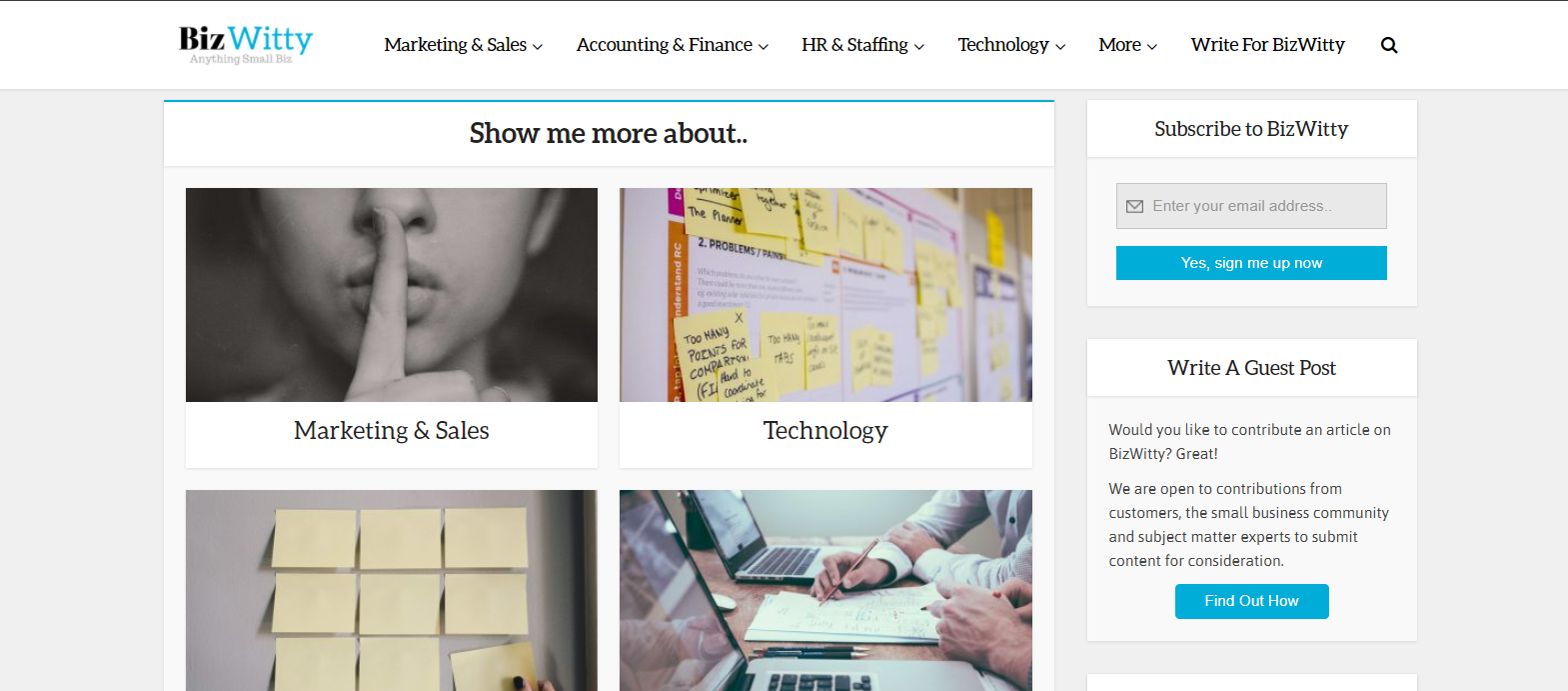Hot water and air conditioning are two of the biggest contributors to your power bill. Combined, they can cost your business hundreds, if not thousands, of dollars in running costs annually. At the same time, they’re also contributing to your green house gas emissions. If your systems are old, tired, and inefficient, they will definitely be costing you more than they could.
State governments across Australia are on a mission to slash our carbon footprint, reduce emissions, and lower energy bills by lowering energy consumption. To help achieve this goal, they’ve introduced a series of rebates for small and medium businesses to help offset the cost of upgrading old inefficient equipment to new, more efficient models.
Through these rebates, they hope to encourage as many businesses as possible to retire their old energy-guzzling hot water heaters, air conditioners, light fixtures, refrigerators, generators, compressors, and a range of other equipment. In fact, if it consumes lot of energy, there’s a good chance that a government rebate is available to help you upgrade it.
Here is just one example of a succession of confusing rebate acronyms around government energy rebates: “To qualify for the NSW ESS you must engage an ACP, who will calculate the value of STCs and ESCs for your new GEMS listed AC or HWS. You must also use a HEER-approved installer to install it for you”.
This statement isn’t very helpful if you don’t know what all those capital letters actually stand for!
Energy rebate acronyms to commit to memory
But help is available: here are some of the most common rebate acronyms you’ll come across when reading about energy efficiency rebates for your business.
- ACCUs (Australian Carbon Credit Units)
- ACP (Accredited Certificate Provider)
- AP (Approved or Accredited Provider)
- CER (Clean Energy Regulator)
- ERF (Emissions Reduction Fund)
- ESCs (NSW Energy Savings Certificates)
- GEMS (Greenhouse and Energy Minimum Standards) Register
- HEER (Home Energy Efficiency Retrofit)
- HVAC (Heating, Ventilation, Air Conditioning)
- HWS (Hot Water System)
- IPART (Independent Pricing and Regulatory Tribunal)
- NSW ESS (NSW Energy Savings Scheme)
- QBEST (Queensland Business Energy Saving and Transformation rebate)
- OECC (NSW Office of Energy and Climate Change)
- QRIDA (Queensland Rural and Industry Development Authority)
- STCs (Small-Scale Technology Certificates)
- VEECs (Victorian Energy Efficiency Certificates, which are administered by the ESC (Essential Services Committee))
- VEU (Victorian Energy Upgrade)
How to unlock savings for your small business
In Queensland, there is QBEST. In NSW, it is the NSW ESS. Victoria has the VEU. In most cases, the cost of upgrading your HVAC or HWS can be significantly offset by these rebates in combination with STCs, VEECs, ESCs, and various other certificate systems. For example, there is also ACCUs, part of the ERF administered by the CER.
To be eligible for a QBEST, ESS, or VEU rebate, small businesses must be located in the respective state. Application must also be made through the relevant portals like QBEST’s QRIDA, or through APs or ACPs like Efficient Energy Group.
In NSW, you must choose equipment listed on the GEMS Register to ensure it meets minimum quality and efficiency standards. You’ll also need to engage a qualified contractor to install the equipment. In NSW, this will be a HEER-approved installer. In other states, it will be a licensed contractor working with your chosen AP or ACP.
How government rebates reduce costs and improve efficiency
The easiest way to access government rebates is to talk to an AP or ACP. These businesses are experienced in handling the application side of things, and helping you choose the right equipment to suit your situation. In most cases, they have access to a team of qualified HEER or licensed contractors to do the installation work as well.
However, here’s a quick glance at the relevant business rebates available in Qld, NSW and Vic.
Queensland: Streamlining your business operations with QBEST Rebates
In Queensland, eligible SMEs can take advantage of QBEST rebates for a range of upgrades and energy efficient appliance and equipment purchases. This includes hot water systems, air conditioning, lighting, refrigeration, and a host of other equipment. It also covers installation costs (which must be done by appropriately licensed contractors). The condition are as follows:
- The first round closes on June 30 2025, or when funding runs out
- There is a:
- 50 per cent co-contribution requirement;
- $8,000 minimum (ex GST) spend obligation; and
- $12,500 cap on the rebate amount.
- Chosen appliances and equipment must comply with standards set dictated by the scheme.
- You must purchase and install the equipment upfront before applying for the rebate, and supply receipts to verify your purchase.
- There is no energy efficiency certificate component.
What does all of this mean?
As an eligible business, if you spend $25,000 (ex GST) on buying and installing eligible energy efficient equipment, you’ll receive the maximum $12,500 rebate. Obviously, you can spend more than $25,000 but you will still only get a $12,500 rebate.
You can also purchase a range of different equipment to make up the minimum spend. For example, you may upgrade your air conditioning, install a new energy efficient hot water pump, or purchase new refrigerators.
There is also no requirement to go through accredited providers. Rather, you deal directly with equipment vendors and installers, and apply for the rebate yourself via the QRIDA portal.
NSW: Supercharge your business savings with NSW ESS rebates
Eligible small businesses in NSW can use the NSW ESS to help with upgrades to existing inefficient equipment such as hot water systems, air conditioning, lighting, and so on.
At the time of writing, replacing your old gas or electric hot water system with a new solar or heat pump hot water system is completely subsidised by the rebate (both the purchase cost of the equipment, and the installation). However, this won’t last, so if you want to upgrade your HWS, NOW is the time to do it.
Likewise, upgrading your air conditioning through the ESS Commercial Air-conditioning rebate will save you a lot of money vs the cost of doing it without the rebate.
To access the ESS rebate, you must contract an Accredited Certificate Provider (ACP) to supply and install the equipment. The ACP will help you:
- navigate the application process;
- select the right approved product to suit your requirements; and
- install your equipment.
The ESS does not require you to purchase and install your equipment first. Rather, your ACP will issue a quote/invoice for the product and its installation that factors in your rebate. You then simply pay the invoice, and the ACP collects the rebate.
Victoria: Is your business eligible for valuable government rebates?
The Victorian Energy Upgrade (VEU) scheme currently offers a range of rebates to eligible Victorian businesses for different equipment upgrades. Via the scheme, you can upgrade existing hot water systems, air conditioners, lighting, power equipment, and refrigeration.
In most casts, the rebate plus VEECs covers the purchase of the eligible equipment, or a significant portion of it depending on the equipment. You are then responsible for paying the:
- balance of the purchase price if applicable;
- installation costs; and
- any administration costs your Accredited Provider charges.
Currently, existing gas or electric HWS can be upgraded to a solar or heat pump system for just the installation and AP’s administration costs.
Some APs also offer the VEU air conditioning rebate to replace an old air conditioning unit with a new room-reverse cycle air conditioner or ducted reverse cycle air conditioner.
To access the VEU, you must:
- Work with an Approved Provider;
- Choose your equipment from an approved list; and
- Decommission your old equipment.
Reduce energy costs and environmental impact with rebates
The Queensland, NSW, and Victorian state government rebates currently offer small businesses an opportunity to save money on upgrades to old energy-efficient equipment. In doing so, they can slash their power bills, carbon footprint, and greenhouse gas emissions. It’s a win-win on all fronts.







